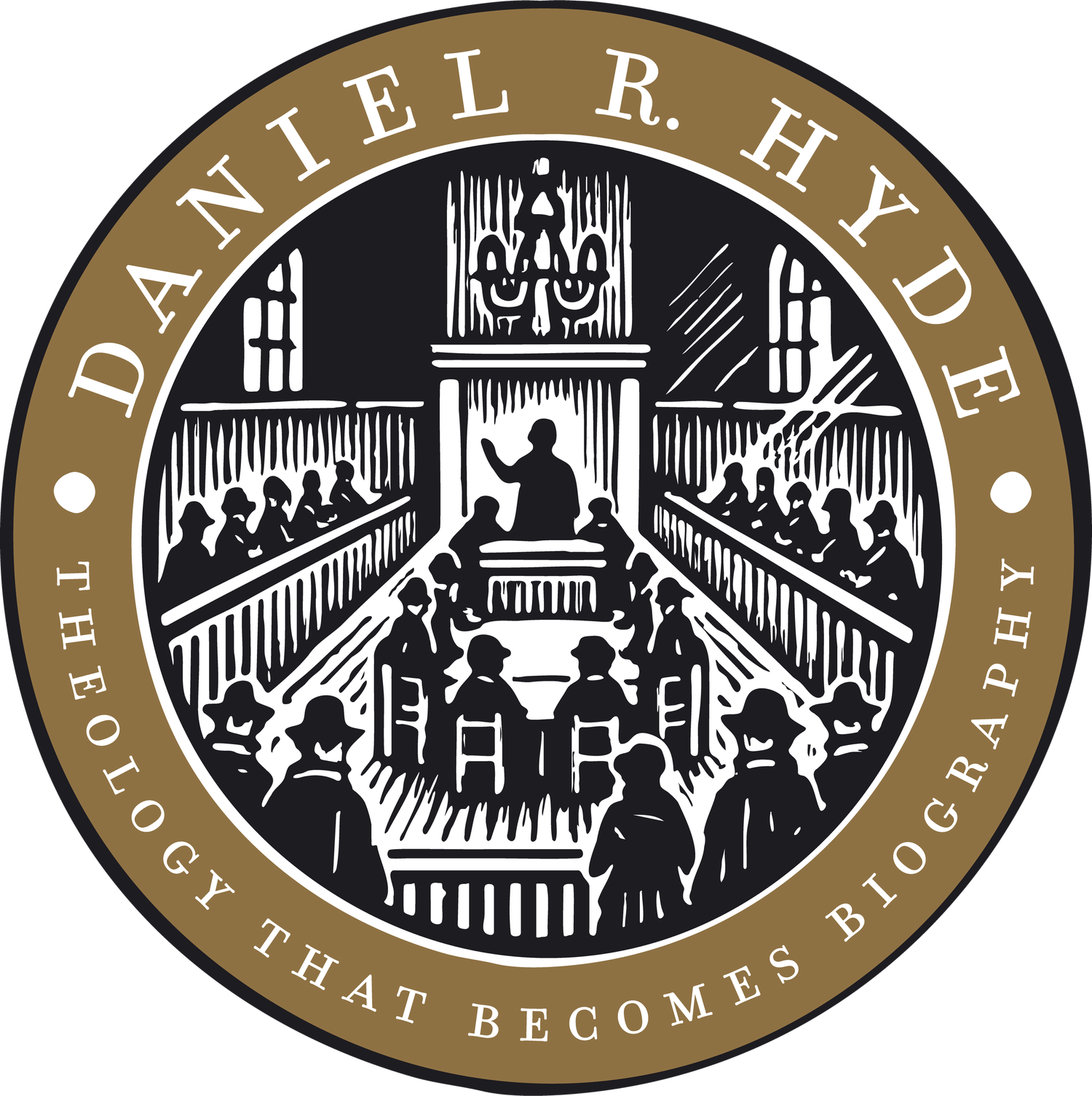“Not Holy But Help: A Case for the ‘Evangelical Feast Days’ in the Reformed Tradition.” Mid-America Journal of Theology 26 (2015): 131–149.
This academic article examines how the historic Reformed Catholic churches rejected the medieval burden of numerous obligatory holy days, but retained freedom to celebrate certain “evangelical feast days” such as Christmas, Good Friday, Easter, Ascension, and Pentecost. These days were not seen as holy in themselves or as contributing to salvation but as helpful signposts to commemorate Christ’s redemptive work. The article also critiques certain objections based on the “regulative principle of worship” (RPW), showing historically that Reformed churches often distinguished between the essential elements of worship and its circumstantial expressions. Drawing on historical practices in the Palatinate, Strasbourg, and the Dutch Reformation, as well as theologians like Bucer, Bullinger, and Turretin, Hyde demonstrates that evangelical feast days fall within the realm of Christian liberty and serve the church’s edification. Their value lies in focusing believers on the objective, historic, and eschatological work of Christ, offering both spiritual nourishment and opportunities for evangelism, particularly in a secularized culture. Ultimately, Hyde concludes that these feast days are “not holy but helpful,” enriching the church’s life without binding the conscience.

